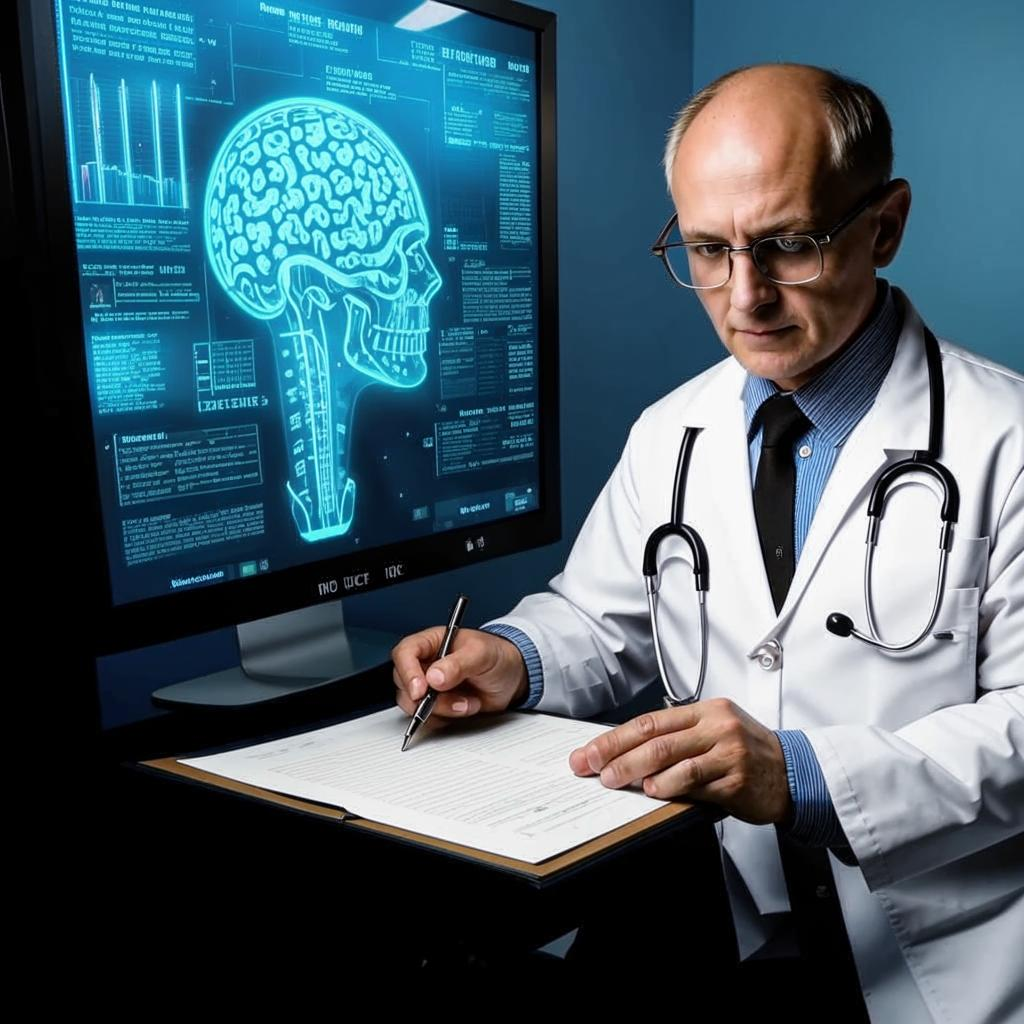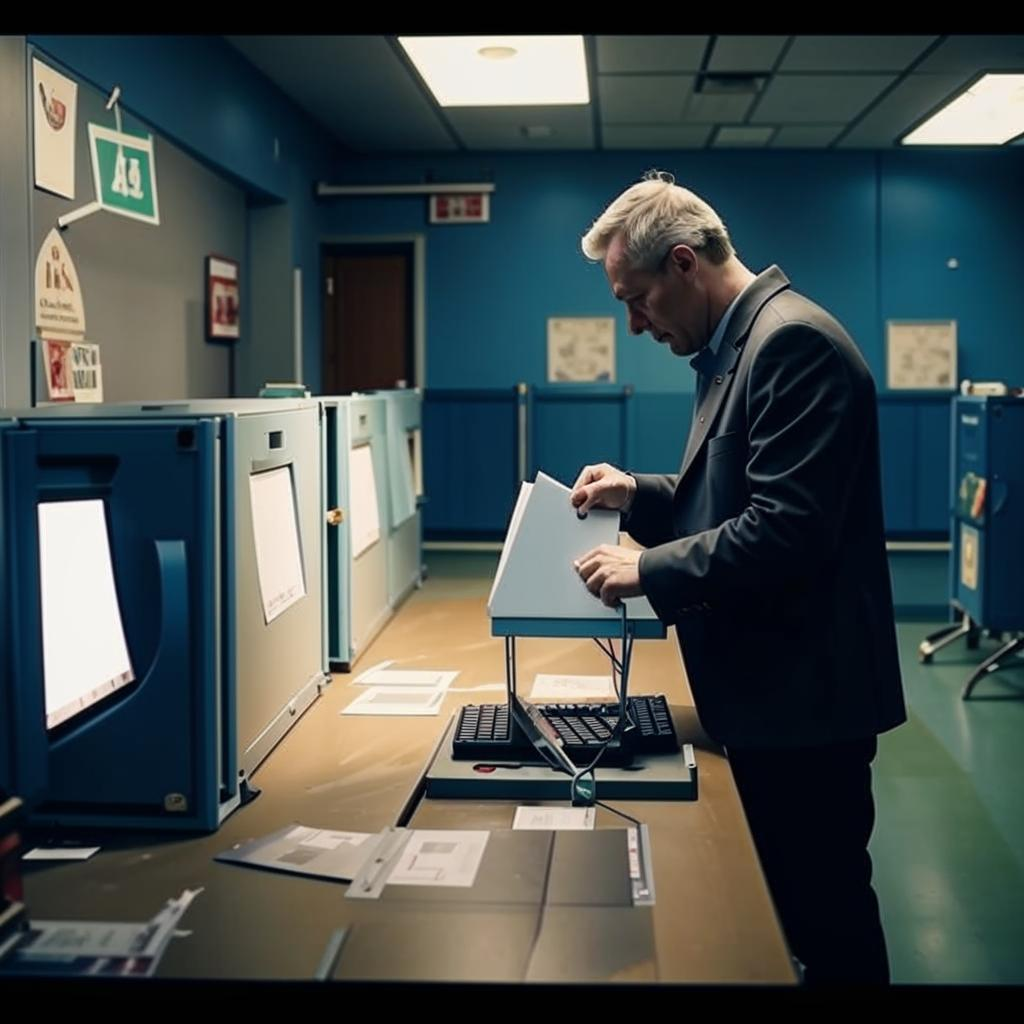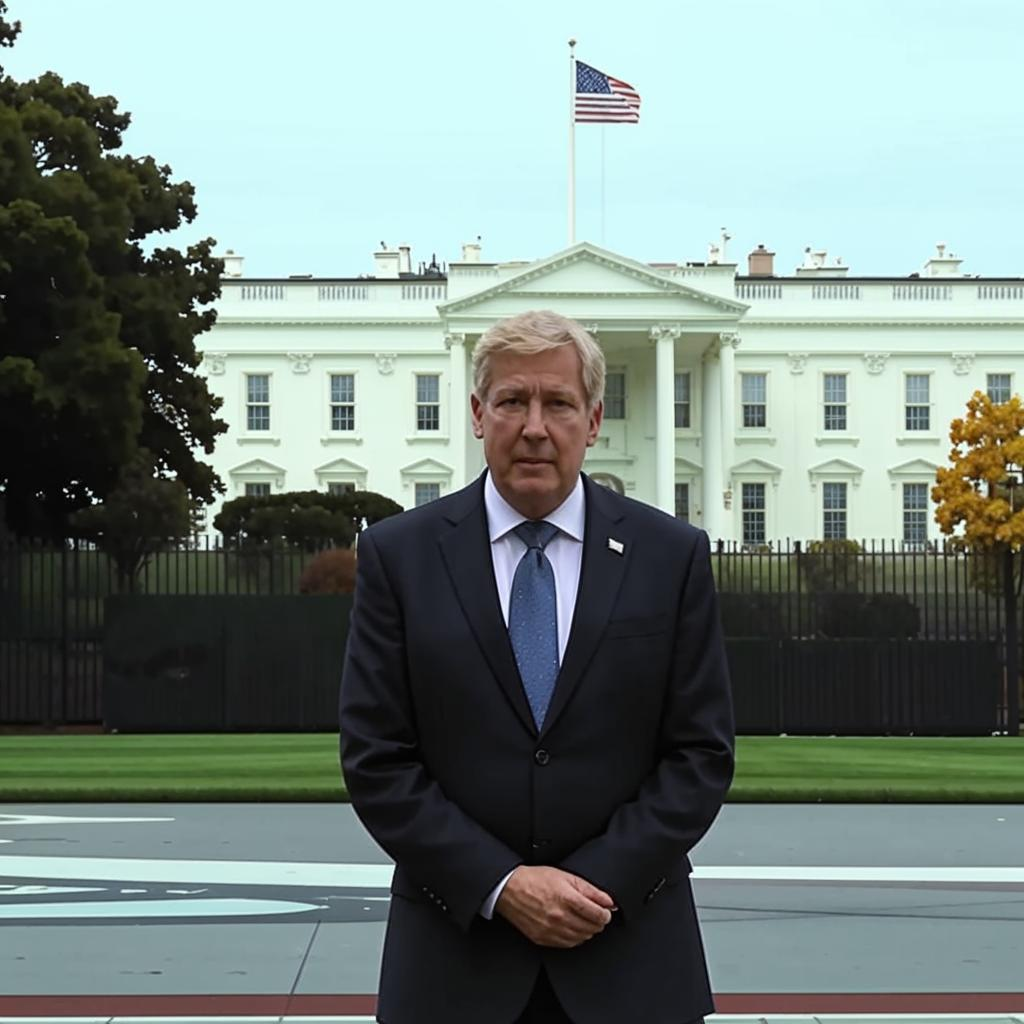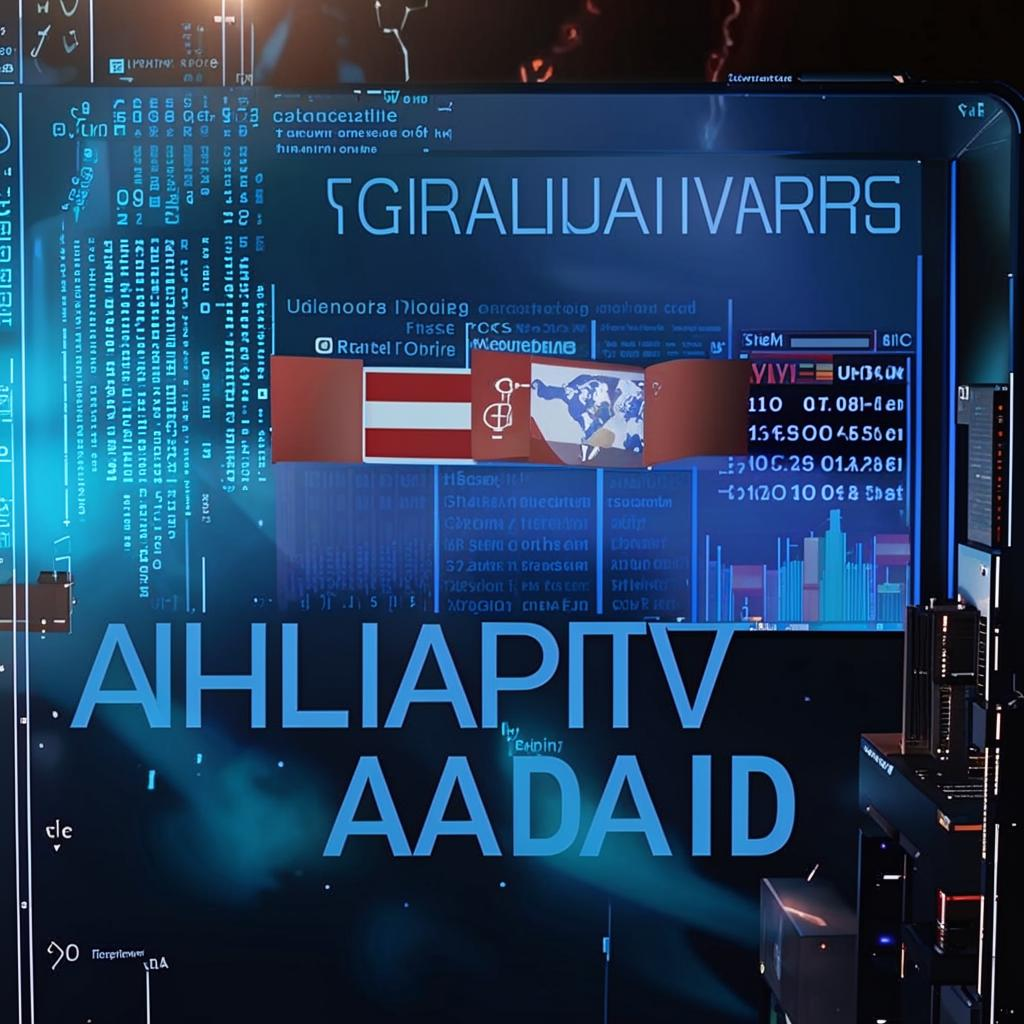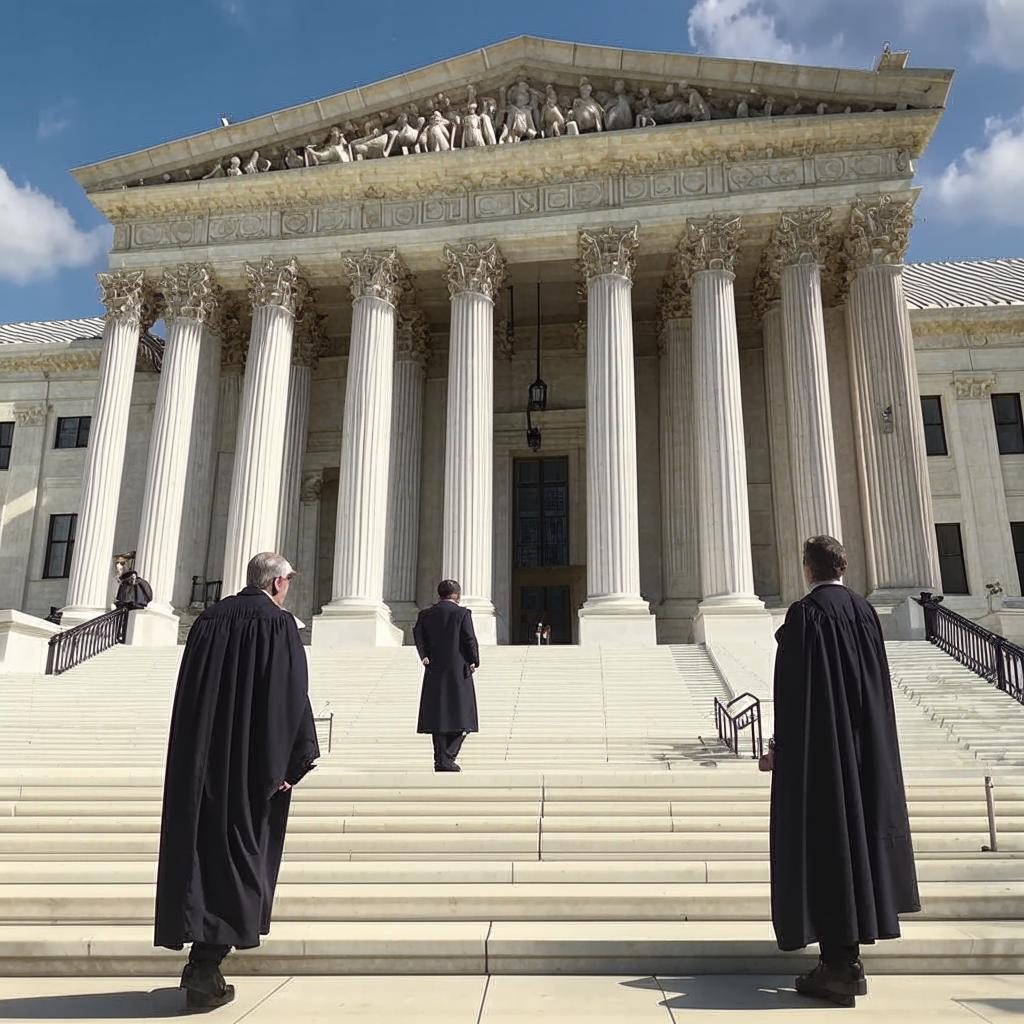Artificial intelligence (AI) is rapidly transforming healthcare, showing immense promise in diagnosing diseases more quickly and accurately. While AI algorithms excel at analyzing medical images, identifying patterns, and predicting patient outcomes, they are not yet ready to fully replace human doctors.
AI’s strength lies in its ability to process vast amounts of data and identify subtle anomalies that might be missed by the human eye. This is particularly useful in fields like radiology, where AI can assist in detecting tumors and other abnormalities in medical images with greater precision. AI is also being used to develop personalized treatment plans based on a patient’s individual genetic makeup and medical history. This enables doctors to make more informed decisions and deliver more effective care.
However, AI has limitations. It lacks the critical thinking skills, empathy, and ethical judgment that are essential for providing comprehensive patient care. Doctors can assess the patient’s overall health. AI algorithms can be biased based on the data they are trained on, potentially leading to inaccurate or discriminatory diagnoses.
Ultimately, the future of healthcare lies in collaboration between AI and human doctors. AI can serve as a powerful tool to augment a doctor’s abilities, providing them with valuable insights and support. Doctors can interpret AI’s findings in the context of a patient’s individual needs and preferences. This integrated approach promises to deliver better, more efficient, and more equitable healthcare for all. As AI continues to evolve, it is crucial to ensure that it is used responsibly and ethically.
